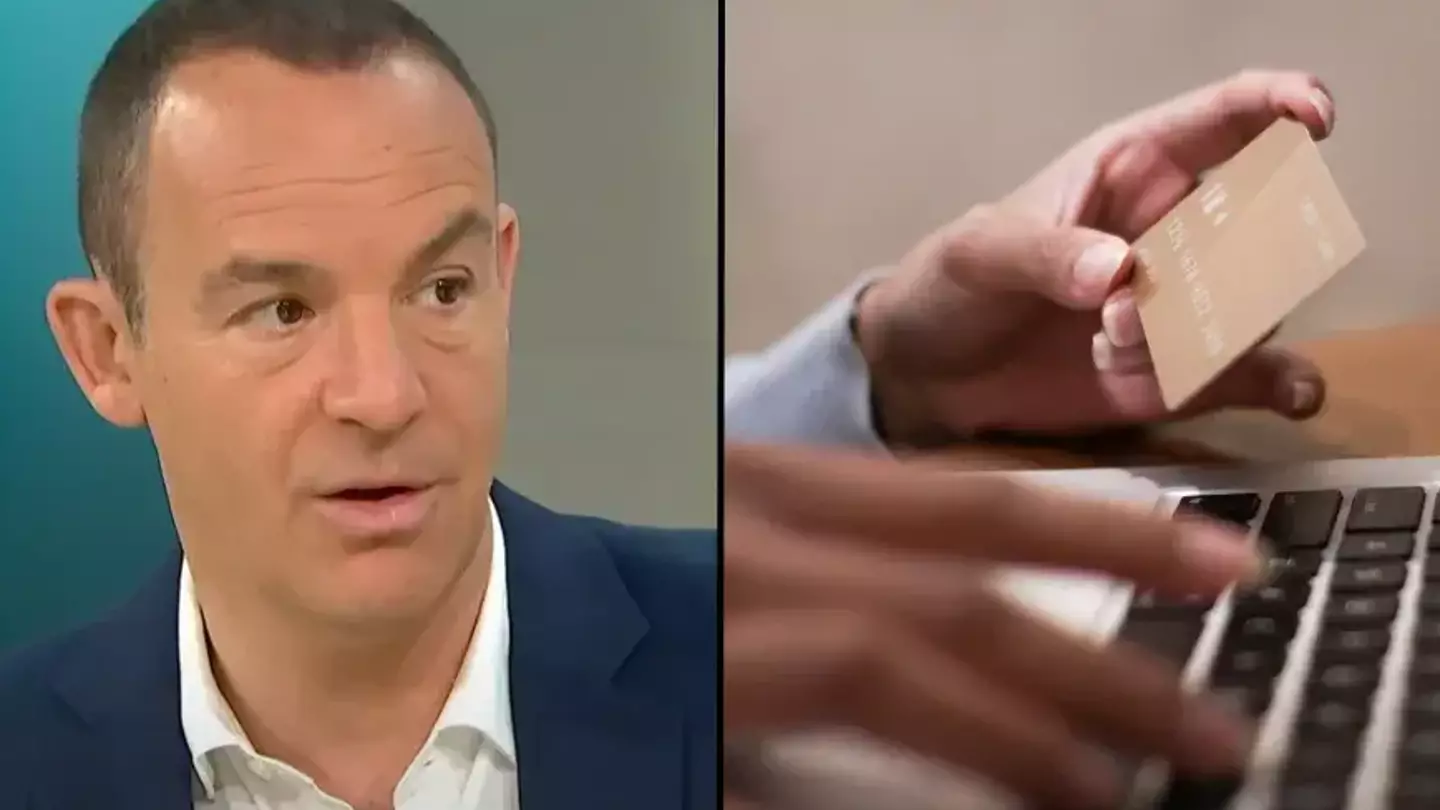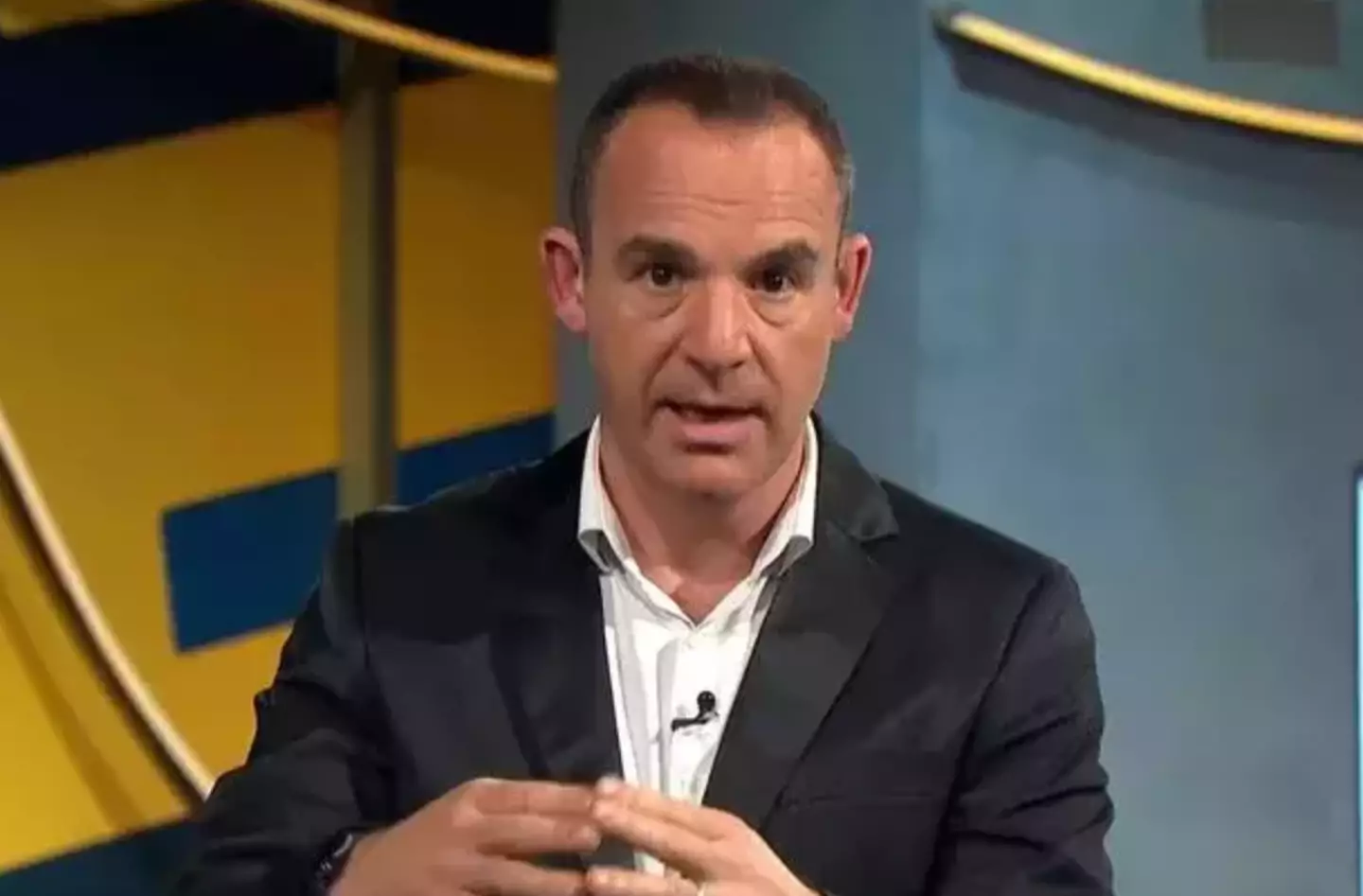
With inflation rates skyrocketing and our day-to-day basics being sold at record levels, Money Saving Expert Martin Lewis is raising the alarm to those with credit cards.
Families across the UK have resorted to loans and credit cards during the cost of living crisis, where things are being priced at unmanageable amounts.
Rising interest rates for people with mortgages has also taken a huge financial toll, with some repayments increasing by hundreds of pounds a month.
However, Martin Lewis is known to be the saving grace of the British people when it comes to finances, and he has some advice for those with credit card debt and loans.
Advert
He has one vital message: “Pay off your credit card debts.”
There has been an increase in people putting money away in a savings account as a safety net, but Lewis is suggesting instead of opening a rainy day fund, just pay off your debt.

The reason why is simple: the interest that is being paid over a year on credit card debt is far more than the interest you could earn in a savings account over the course of a year.
For example: £1,000 debt on a credit card at 22% costs £220 in interest over a year.
Advert
And £1,000 saved in a savings account at 3% earns £30 in interest over a year, therefore making you £190 better off a year by paying off the debt!
There are, however, exemptions to this advice.
If your loan is interest-free or the interest you’re paying is lower than what you would earn from interest in a savings account, or also if you are locked into a deal.

As for a rainy day fund, Martin said: “The idea of having some cash in a savings pot feels safe, especially as traditional budgeting logic berates us to always have an emergency cash fund.
Advert
“While it’s the right aim, for anyone with expensive credit card debt, where you can borrow more without applying for a new product, there’s a better way - pay off your debt with your savings.
“However, without then cutting up your credit cards as it’s important to keep the credit available in case of a substantial emergency.
“And substantial means just that, your roof falls in or you can’t feed the kids, not a new TV.”
He has reiterated this crucial advice ahead of Christmas, which the average Brit spends around £904 on each year according to WorldRemit.
Topics: Money, Martin Lewis